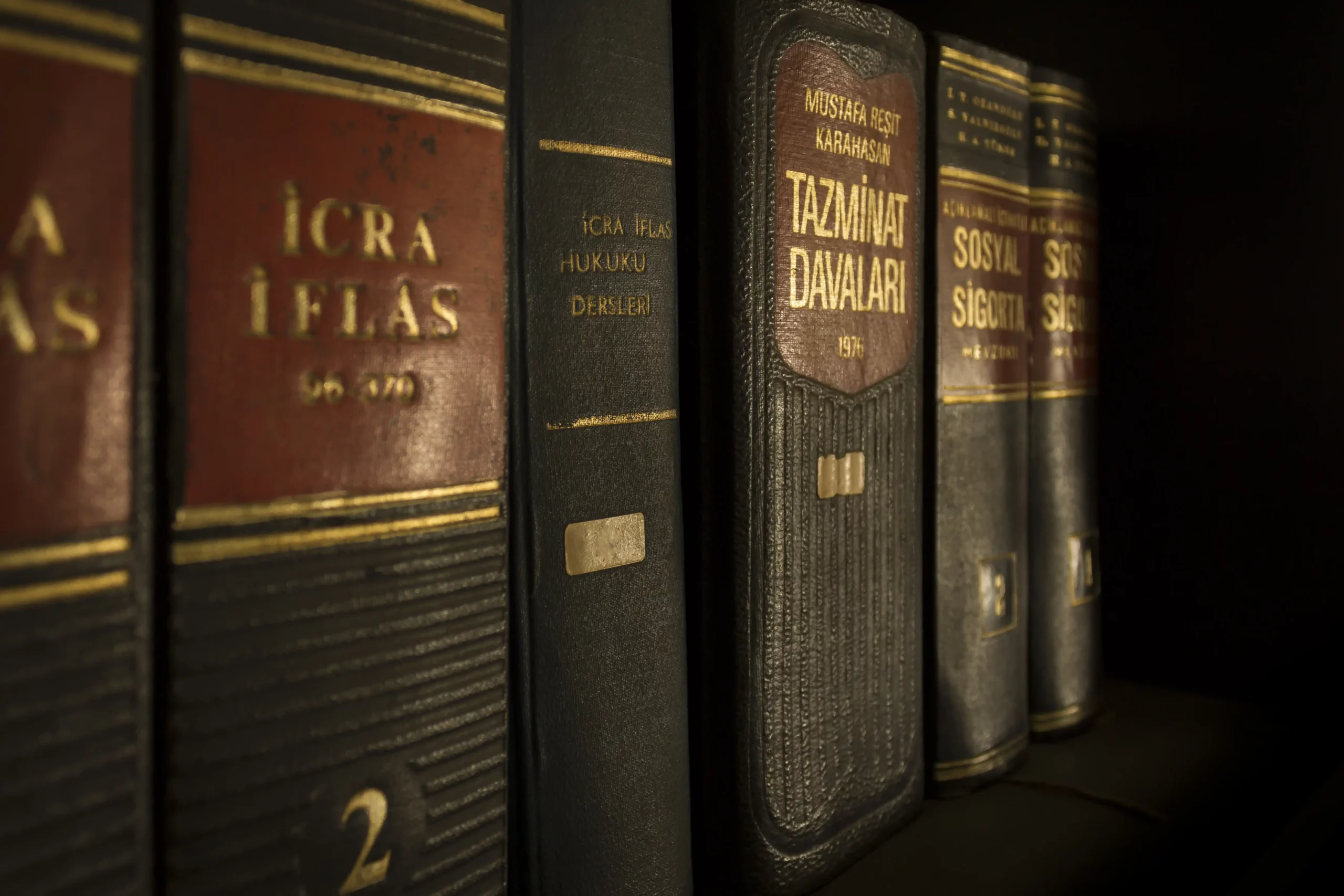
ARTICLES & UPDATES
KEEP IN TOUCH

Generative AI and Copyright Infringement: Perspectives Under Kuwaiti Law
As generative artificial intelligence (AI) continues to transform creative industries globally, it raises complex legal questions, particularly concerning copyright law. Generative AI technologies, including text, image, and music generation, rely on vast datasets that often contain copyrighted content. The practice of training these models on such data has sparked worldwide debates around copyright infringement, with particular relevance for jurisdictions like Kuwait, where copyright laws are developing to address technological advancements.
This article explores the implications of generative AI in the context of Kuwaiti copyright law, examining the unique challenges it presents, legal frameworks in place, and potential pathways toward a balanced approach that encourages innovation while safeguarding intellectual property rights.
- Generative AI and the Kuwait Copyright Landscape
In Kuwait, copyright law is governed primarily by Law No. 75 of 2019 Concerning Copyright and Related Rights, which aims to protect the rights of creators and intellectual property (IP) owners. Kuwaiti copyright law provides protection to various types of creative works, including literature, art, software, and audio-visual works, extending copyright protection for the lifetime of the creator plus 50 years. The law is generally designed to safeguard human creativity and intellectual labor, which raises questions about how AI-generated works fit within this framework.
- Copyright Challenges in AI Training and Generated Outputs
The copyright challenges posed by generative AI primarily relate to the two key phases: the training phase, where the AI is fed copyrighted material, and the output phase, where the AI generates new content. Here’s how these phases may relate to Kuwaiti copyright law:
a) Use of Copyrighted Material in Training Datasets
Scope of Permitted Use: Training AI on vast datasets that may include copyrighted content raises issues under Kuwaiti copyright law, as the law prohibits unauthorized reproduction or adaptation of copyrighted works. Since AI training requires analyzing and processing copyrighted material, some argue that this may constitute an infringement unless the dataset is licensed or specifically allowed under law.
Transformative Use Argument: A potential defence is that AI processing transforms the data into a new expression, meaning, or message to the original work, which may align with transformative use principles.
b) AI-generated outputs and Copyright Concerns
Substantial Similarity: If an AI-generated work closely resembles or replicates a copyrighted work, it may risk infringing on the original creator’s rights under the substantial similarity doctrine. Kuwaiti courts, however, have limited precedent on assessing AI-generated outputs for copyright infringement.
Authorship and Ownership: Under Kuwaiti law, authorship rights are generally granted to human creators, with no explicit provisions for works generated exclusively by machines. This gap raises questions regarding who, if anyone, holds rights to AI-generated works in Kuwait, especially if the AI’s output is substantially similar to existing copyrighted materials.
- Comparative Legal Perspectives and Kuwaiti Implications
Examining international responses to AI and copyright provides insights into possible directions for Kuwait’s approach:
a) United States and Fair Use Doctrine
In the U.S., fair use principles may apply to AI training on copyrighted material, though there is still no consensus. Kuwait does not have an equivalent fair use doctrine but could consider adopting similar exceptions to accommodate AI development within specific bounds.
b) European Union and Text/Data Mining (TDM) Exceptions
The EU’s Copyright Directive allows text and data mining exceptions under specific conditions, particularly for non-commercial research. While Kuwait has yet to establish such exceptions, introducing a controlled data mining provision could support AI research while respecting IP rights, especially if applied to non-commercial contexts.
c) Gulf Cooperation Council (GCC) Considerations
As part of the GCC, Kuwait often collaborates with neighbouring countries on IP policy harmonization. Saudi Arabia and the UAE are developing AI regulations, which may prompt Kuwait to consider similar provisions or regional agreements that balance IP protection and AI-driven innovation.
- Potential Regulatory Approaches in Kuwait
Given the complex intersection of generative AI and copyright under Kuwaiti law, a balanced framework could address the legal gaps while fostering innovation. Some potential approaches include:
a) Licensing Models for Data Use
Kuwaiti lawmakers could encourage AI developers to obtain licenses for using copyrighted materials in training datasets. This approach could ensure that creators are compensated for their work while permitting AI development within a legal framework.
b) Expanded Use Exceptions for Research and Development
A possible solution would be for Kuwait to introduce specific exceptions in copyright law to cover AI-related research and development. These exceptions could enable AI advancements in non-commercial and educational settings, potentially mirroring TDM exceptions seen in other jurisdictions.
c) AI-Specific Copyright Classifications
Kuwait could consider introducing a new copyright classification for AI-generated works, potentially granting rights to the entity responsible for the AI model’s development. This would provide clarity on ownership of AI outputs and foster investment in AI technologies.
d) Attribution Requirements for AI Outputs
Another option could be to require that AI outputs include an attribution to the source works used during training. This approach could acknowledge the role of original creators in influencing AI outputs without conferring full ownership.
Conclusion:
Generative AI is opening new doors for creativity and efficiency, but it also brings up tough questions about copyright. In Kuwait, as in many other places, the legal system isn’t yet fully equipped to address the unique challenges that come with AI’s ability to learn from and recreate copyrighted content. While Kuwaiti copyright law protects creators’ rights, it doesn’t currently address how AI fits into this landscape.
For now, finding a balanced approach is key. Kuwait could benefit from setting clear guidelines that encourage AI innovation while respecting intellectual property rights. Whether through licensing agreements, new exceptions for research, or creating a unique copyright category for AI-generated works, the goal should be to support technological progress responsibly. As AI continues to grow, it’s likely that the Kuwaiti legal framework will need to evolve, with careful attention to both creators and innovators.

